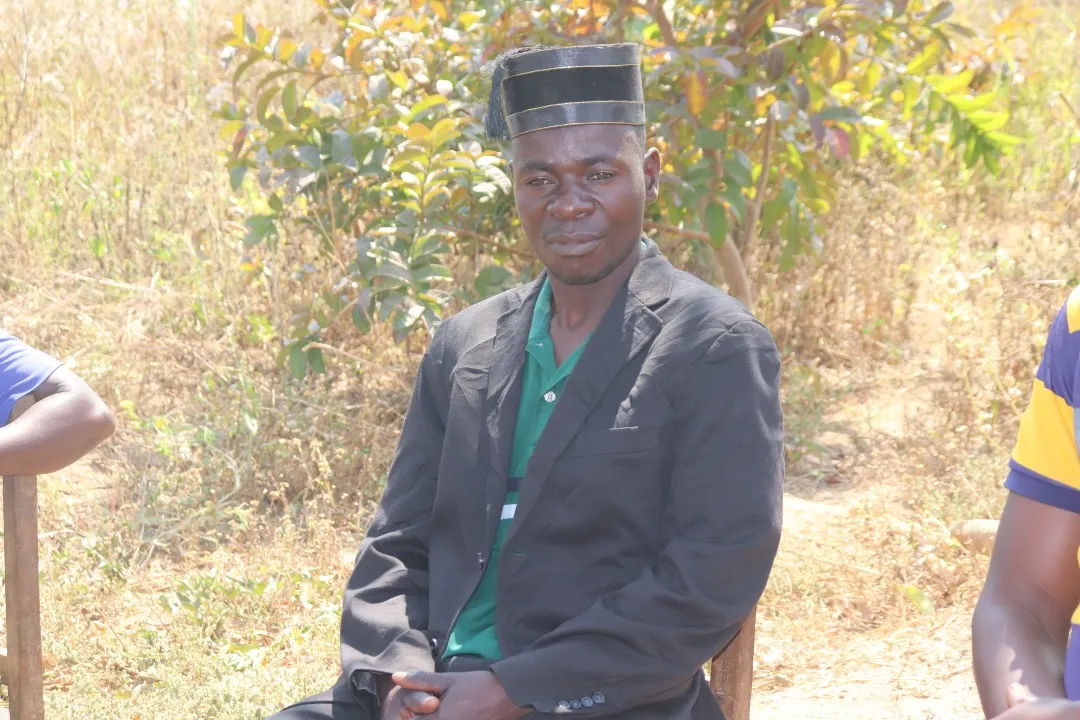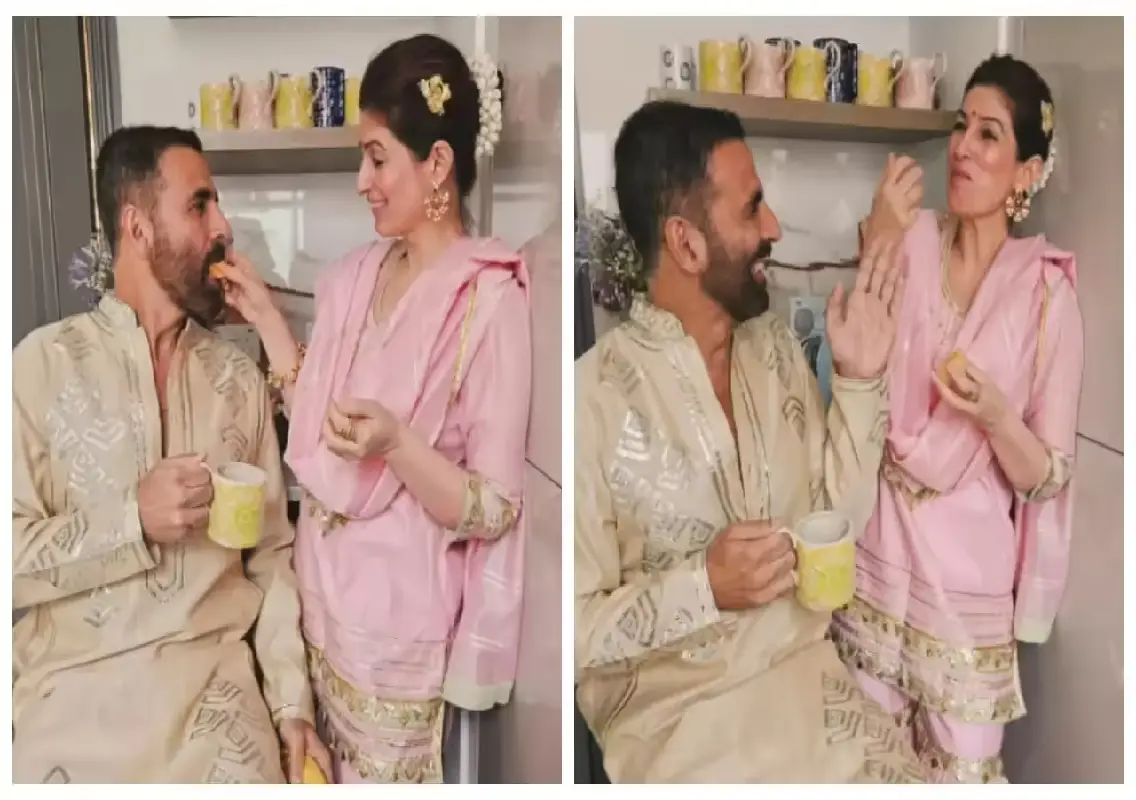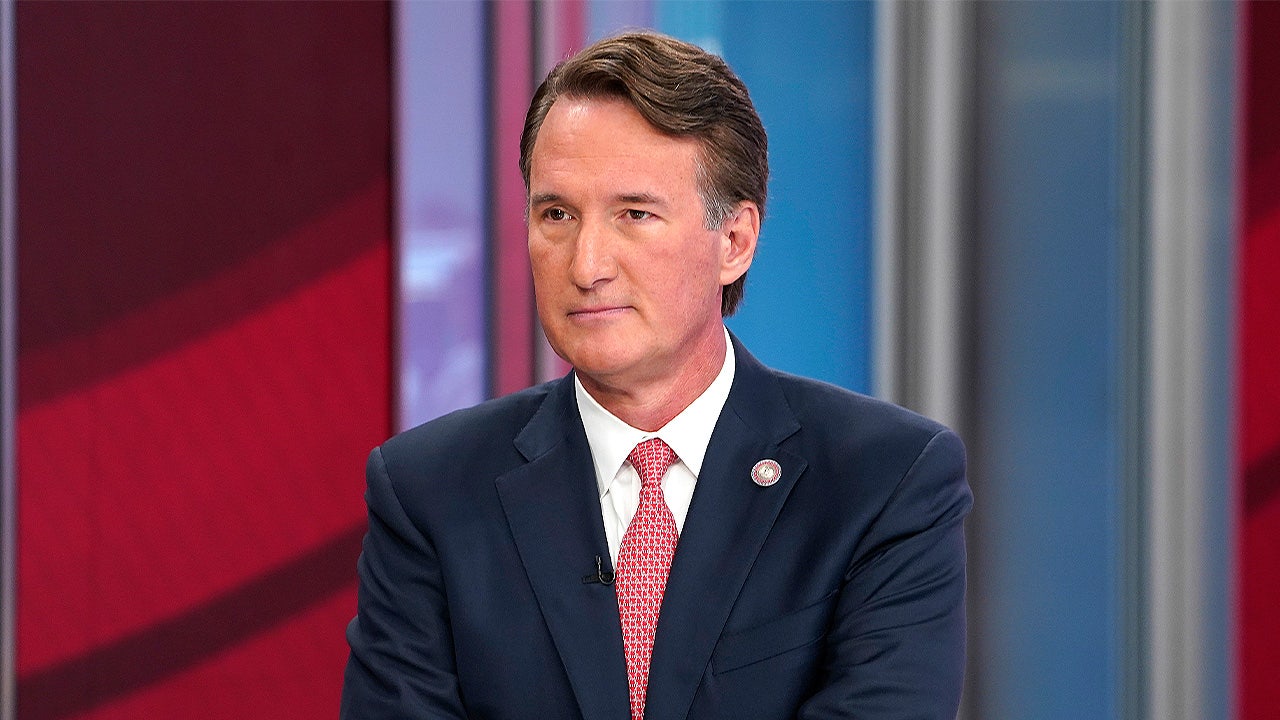Copyright capitalradiomalawi

By Kelvin TemboFor decades, the cultural norms in the area of Group Village Headman (GVH) Chelechele under Traditional Authority (TA) Mwenewenya in Chitipa District upheld a strict belief, one that said women should not lead, particularly in local judicial structures like village tribunals. Leadership and justice were the area for men; and women, no matter how aggrieved, stood at the mercy of male-dominated panels that lacked impartiality.But within the area, a revolution is now taking place, not with banners or protests, but through bold voices, balanced judgment, and a quiet courage to challenge centuries-old norms. At the heart of this shift is the inclusion of women in village tribunals, an idea once unthinkable, now proving transformational.And leading this transformation is GVH Chelechele, a traditional leader who once believed that women have no place in the administration of justice.“I did not believe in women holding leadership positions,” GVH Chelechele admits. “I heard about involving women in tribunals in 2013, but our culture said no, so, I did not dare to go against it.”Nevertheless, that long-held conviction began to change ten years later in 2023, when Smallholder Producers Development and Transporters Association (SPRODETA) delivered a series of transformative trainings in his area.These sessions focused on gender equality, access to justice, and inclusive governance. Through the meetings, traditional leaders were encouraged to rethink exclusionary practices, and after the training, something clicked for GVH Chelechele.Inspired by the new knowledge, GVH Chelechele did what few chiefs in the region have ever done. He restructured his village tribunal from a male-only panel into a gender-balanced committee. Five women were selected to sit alongside men in the tribunal. This was a quiet yet radical act, one that brought fairness and diversity into the community’s judicial system.“I came to the realization that justice was not being served fairly. When women came to report cases, especially violence, they were often not believed. So, I realized that we needed balance and empathy, and women bring that,” he says.The change did not stop there. GVH Chelechele issued a directive that every committee within his area must alternate leadership positions between men and women. This policy marked a new dawn, sending a strong message that governance, fairness, and justice was no longer reserved for men only.Among those who rose through this change is 34-year-old Monica Kafunda, who never imagined herself sitting in judgment beside men.“At first, I could not even speak. I was shy, afraid that men would not take me seriously. But after going through the training, I embraced the challenge. Now, I sit on the tribunal, I am trusted, I feel empowered, and would like to see other women doing the same,” Kafunda says.“Together with my fellow women, we are not just filling seats. We are changing how justice works and we are showing our daughters that their voices matter too,” Kafunda adds.Lonely Mbale, a community member who has witnessed this change firsthand says the difference is striking. Mbale says unlike in the past where women struggled to get fair treatment, things are now different.“Women are no longer afraid to report cases, even GBV survivors feel heard. Justice is finally becoming gender-blind as what used to be a biased system, where men usually protected their own has changed. Women feel protected and we speak freely without fear,” Mbale says.The tribunal has also influenced how cases of GBV are handled. Survivors now approach the village panels without hesitation, knowing they will be heard and treated fairly. GVH Chelechele himself has noticed the change.“Now that women are on the bench, evidence is easier to gather because survivors feel safe to speak up. Men are becoming more cautious and respectful; you can see the change in behavior. This has helped to reduce GBV cases in the area,” he says.Evidence from the wider district supports his observation. Chitipa Police Station Spokesperson Gladwell Simwaka confirms that GBV cases have been steadily declining as a result of both community-level and institutional interventions.“Generally, cases have dropped at the district level. This is due to several interventions we have employed including those from our stakeholders such as what is happening under GVH Chelechele,” Simwaka says.He adds; “Minor disputes are now resolved within communities under what is known as primary justice. I cannot give exact figure of the decline because normally, when issues are handled at village level, they are recorded there and are rarely escalated to the police. What we know is that there has been a reduction of GBV and general cases in most area due to these interventions.”This decline in reported violence has become one of the clearest signs of cultural and behavioral transformation. Communities that once silenced women are now giving them authority to shape justice and that inclusion is reshaping mindsets.SPRODETA’s Monitoring and Evaluation Officer Austin Moyo, believes this change is proof that inclusive justice improves fairness and community trust.“In most areas in the northern region, decision-making has always been done by men. Including women in village tribunals gives them leverage to contribute to meaningful decisions. Before, it was difficult for women to access justice because all the decision-makers were men, and bias was inevitable. Now, with women present, justice is more balanced,” Moyo says.However, the change has not been without resistance. According to Moyo, in the first place it was difficult for men and the community to accept the idea but through continuous engagements with the community, perceptions have changed.“People are now able to understand the importance of including women in these village tribunals such that the reception is now good,” Moyo says.Legal experts agree that such community-level reforms are aligned with Malawi’s legal framework and gender equality commitments. Christon Ghambi, a legal practitioner says including women in customary justice systems help bridge the gap between traditional authority and constitutional justice.“When decisions are made without women’s involvement, they tend to be one-sided and sometimes unjust. Including women ensures that their unique experiences and interests are considered. This promotes fairness and empathy in judgments,” Ghambi says.“What GVH Chelechele is doing is a practical reflection of what the law envisions, justice that is inclusive, participatory, and representative. It also helps communities align customary practices with national gender policies,” he says.For gender activist Jennifer Mkandawire, the progress in Chelechele is an example of what true equality looks like at the grassroots.“This development shows that even at community level, people are beginning to understand the important role of women. When women are part of tribunals, decisions are fairer and more just. It also inspires more women and girls to take up leadership positions,” Mkandawire says.She adds; “This is a very positive development and I wish districts like Mzimba, Rumphi and others could emulate this so that we take the women’s role in leadership positions at that level.”Malawi’s national gender policy promotes women’s inclusion in decision-making and the elimination of cultural practices that hinder their participation. The policy aligns with constitutional guarantees of equality and the Gender Equality Act, which calls for temporary special measures, such as quotas and affirmative action, to increase women’s representation in governance and justice systems.In GVH Chelechele’s area, these laws and policies have found a living proof of their power. Justice, once the domain of men, has been rewritten by inclusion. Cases that once silenced women now empower them and decisions once shaped by bias are now informed by empathy and fairness.“I used to think culture was unchangeable but now I see that culture can grow. When women lead, justice grows stronger,” GVH Chelechele says. About The Author



